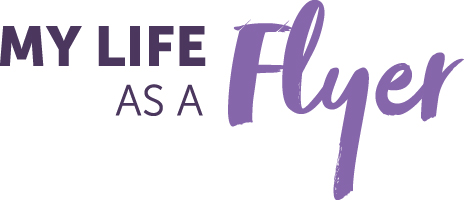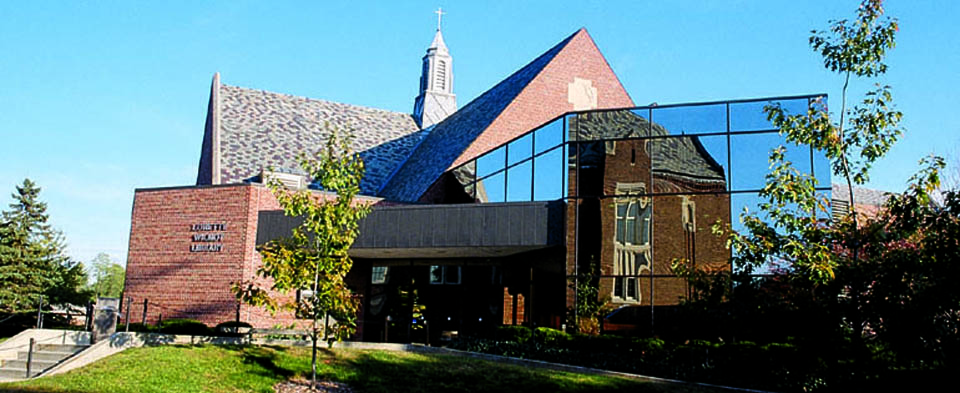On tours recently I’ve had quite a few people ask me about our honors program here at Naz; I figured the blog was a perfect place to talk a little more in depth about exactly what that program entails.
Freshman Year: Your freshman year you will take Rhetoric I and Rhetoric II, intense critical reading and writing classes designed to improve your rhetorical abilities as a writer.
Sophomore Year: This year you take Intro to Philosophy, if you haven’t already. The nice thing about this class is its a co-requirement with the liberal arts core here at Naz; this is a class you have to take anyway regardless if you’re in the honors program or not, taking it means you kill two birds with one stone! You’ll also take another upper-level philosophy class. That could include classes like The Liberal Arts, American Philosophy, Contemporary Philosophy, Ethics and lots more.
Junior Year: Things start to get really interesting this year!! You’ll join your fellow honors program students as well as graduate students in Masters level classes, what we call seminar classes. These classes are designed to be very writing and reading intensive, challenging, and interdisciplinary, meaning perspectives of multiple disciplines will be explored. To give you an idea of what these classes entail, the following are three examples of honors seminar classes:
- Values and Actions: How does our personal value system develop? What are its sources? How do the great humanistic and religious thinkers of the past impact our value systems? What happens when different respected moral ways of thinking suggest courses of action that contradict each other? What is the relationship between our personal value system and the social and professional organizations of which we are members? We will explore these questions and the relationship between values and daily life.
- Being Human: Using perspectives from science, arts, and humanities, we will investigate some of humanity’s oldest and most profound questions. Who am I as an individual? Who am I as a member of society? Students will read, reflect upon, and discuss some of the great ideas, texts, and modes of creative expression developed by human beings from ancient to present times.
- The Spanish Civil War in History and the Arts: The Spanish Civil War of the 1930’s was a watershed in both world history and the history of the arts. Students will examine the struggle as the great rehearsal for World War II, as the Last Great Cause of the political Thirties, and as a major testing for committed artists among them: Hemingway, H.W. Auden, Langston Hughes, Andre Malraux, Jean Paul Sartre, Martha Graham, and Pablo Picasso.
Senior Year: This year you combine all of the skills you’ve learned in your previous three year, rhetorical writing, critical thinking, and interdisciplinary analysis into an honors thesis. In a document of at least forty pages, you develop and explore an interdisciplinary topic of your choice. To illustrate, my thesis topic is an ethical analysis of health care delivery systems so I’m working on writing about whether insurance companies act ethically and how we could change the distribution of health care resources to be more ethical.
I know that a lot of people come to Nazareth for our professional programs, physical therapy, occupational therapy, communication and science disorders, as well as for arts and sciences programs, don’t worry! The honors program is open and applicable to these areas of study as well! As someone in the physical therapy program who has also always been a nerd, I love the fact that I have had the ability to do intense humanities coursework as well as my upper level science classes. I feel much more rounded as a student because of my union of the physical therapy and honors programs.
The honors program also sponsors an interdisciplinary lecture series by both Nazareth professors and members of the community.
The honors program here at Nazareth is a phenomenal opportunity and I absolutely love being a part of it!!

